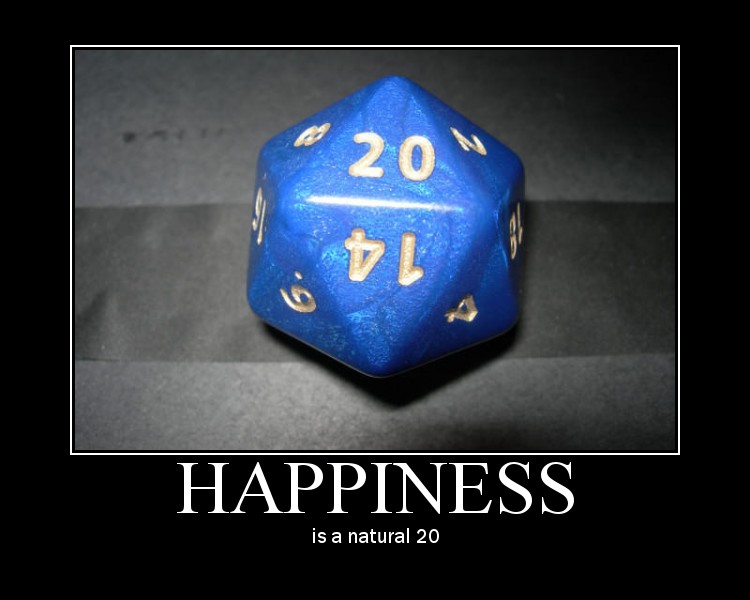 |
| Gilmie the Dwarf? photo by Zelda F. Scott |
"How can I communicate with each student in a way that allows him or her the freedom to ask questions, take initiative, and make choices?"
Strategies I used to deal with this challenge:
1. Use the simplest possible system -- Brave Halfling Publishing's excellent Dagger for Kids fits the bill nicely
2. "What are my choices?" list printed on each character sheet
3. Require orders to be submitted in writing
4. Set a 2 minute stopwatch for declaring orders
5. Resolve orders in the order they are received
6. Keep interactions between player characters and the game environment simple (fight, flee, drown, fall, etc.)
7. Keep combat quick and decisive (lethal)
8. Have a reflective writing assignment ready for the players of slain characters
9. Disallow player vs player combat
Here's how those strategies panned out for us:
1. Dagger for Kids supported this scale very nicely -- it was a great pick.
2. The "What are my choices?" list seemed to go largely unused. Why? Perhaps actions was just intuitive.
3. Written orders work, but students opted for brevity and speed over detail and creativity.
4. The stopwatch was completely unnecessary.
5. Handling initiative in the order in which orders arrived worked, but students chose speed over detail or thoughtfulness.
6. Keeping choices simple worked but, by the third class of activity, attention had begun to flag for some kids.
7. Super simple combat (ascending AC, all weapons deal 1d6) worked.
8. Reflective writing worked and provided an added incentive to survive. As casualties mounted, however, some of the student work quality began to decline as I was less able to directly monitor students.
9. Clearly the right call -- prevented pointless infighting.
Here's how the activity rated for students interest-wise:
 |
| photo from Austin Coppock |
- Class #1 = critical hit! Every student wants to try it again next class.
- Class #2 = significant interaction and engagement (though a couple of outliers tapered off)
- Class #3 = only slightly more successful in holding interest than any "normal" classroom activity. Students who aren't prompted or monitored start to wander off task.

No comments:
Post a Comment